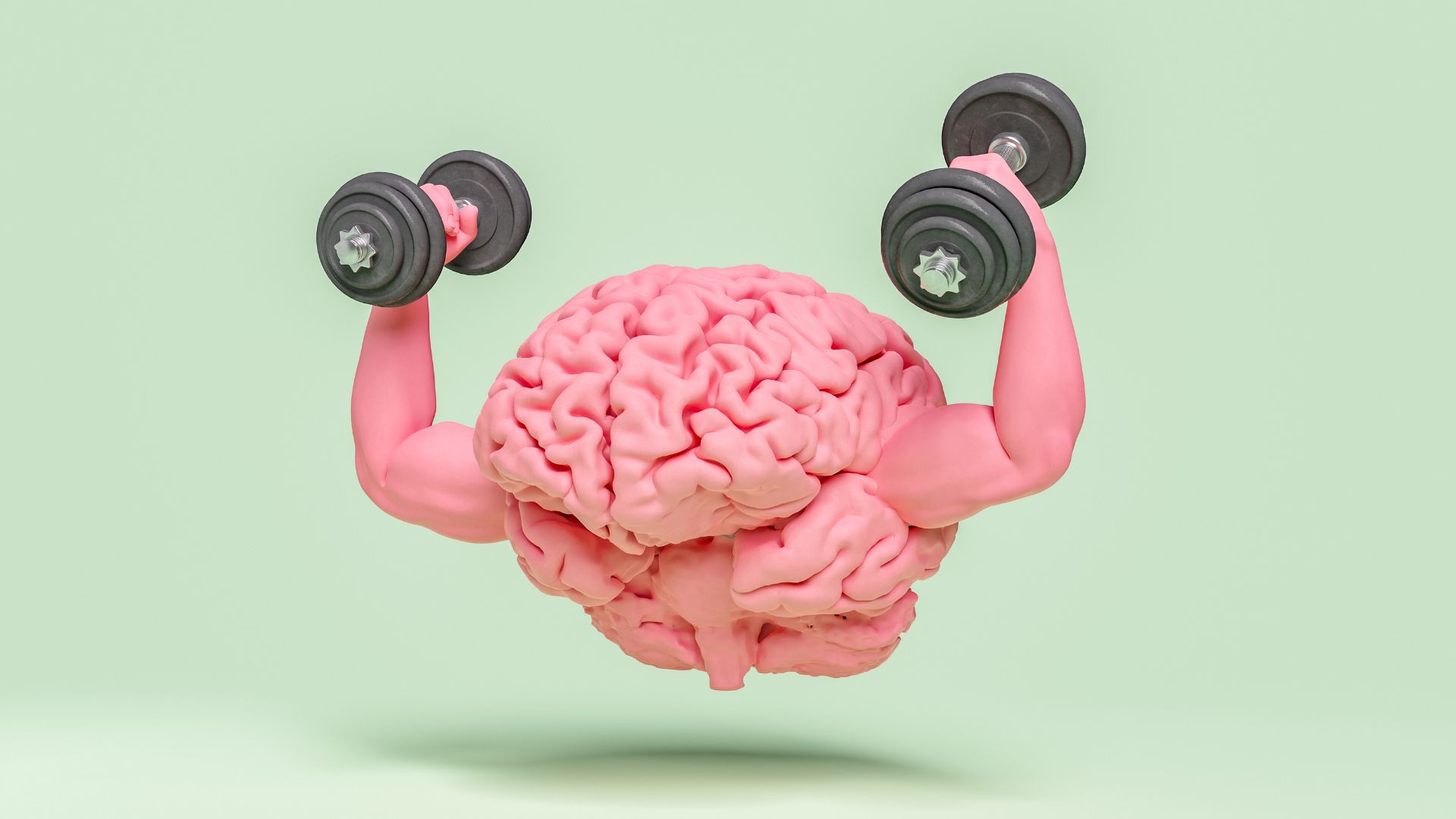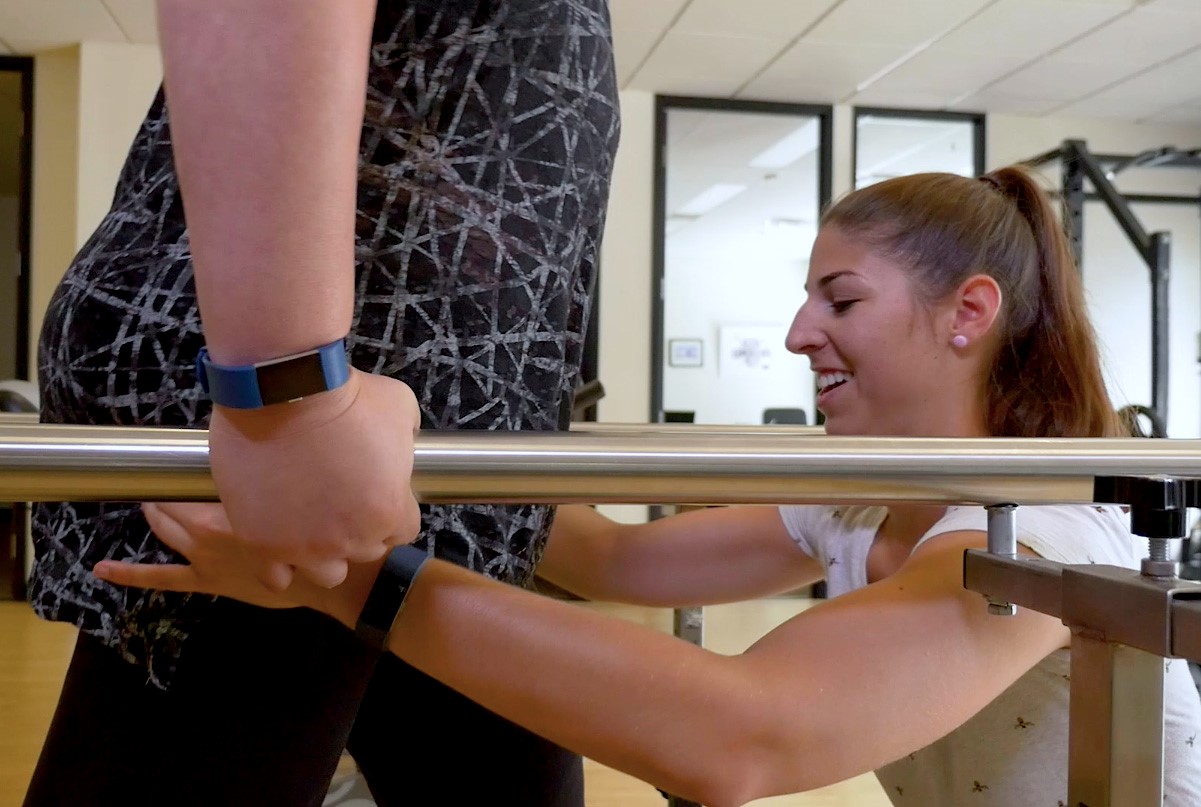Exercise has emerged as a key intervention in the fight against cognitive decline and dementia. Dementia is a general term used to describe a group of symptoms that affect memory, language and thinking abilities to the point that it affects one’s daily life.
For many years, science has ignored the role of sex-based differences on brain health. In Canada, about two thirds of Canadian seniors living with dementia are women.[i] As the Canadian population ages, the prevalence of dementia more than doubles every 5 years for Canadians aged 65 and older.[ii]
In this article, we will look at how menopausal changes affect brain health and how exercise supports brain function during menopause and against the effects of aging.
Table of Contents
- Hormone Changes During Menopause
- How Hormone Changes Affect the Brain
- Protecting Brain Health Through Physical Activity
Hormone Changes During Menopause
The common marker of menopause transition is the beginning of menstruation irregularity. Menopause occurs when you have gone without a menstrual period for 12 months. Perimenopause can begin eight to 10 years before the onset of menopause.
The biology of this transition is caused by changes in neuroendocrine function. During this time the ovaries begin a gradual decline in function producing less estrogen and progesterone. These changes in hormone production result in many of the common symptoms associated with this period of life including hot flashes, night sweats, sleep problems, vaginal dryness, and mood changes.
How Hormone Changes Affect the Brain
Hormones are chemical messengers in the body produced in one area and travelling to another part of the body with instructions on how cells and organs should work. Hormones are produced in different glands in the body such as the thyroid, adrenal, pituitary and ovaries. With aging and menopause there are changes in the levels of the hormones estrogen, testosterone and progesterone.
Increasing evidence suggests that estrogen, progesterone and testosterone play an important role in supporting the structure and function of brain regions during cognitive aging.[iii] These hormones have effects on learning and memory and are important in preventing or delaying cognitive decline and memory difficulties. Some studies even suggest that these changes increase the risk of neurodegenerative diseases such as Alzheimer’s Disease.[iv]
Protecting Brain Health Through Physical Activity
Physical activity has numerous benefits for all individuals. In particular numerous literature reviews have found that exercising as we get older provides protective effects from cognitive decline. One systematic review found that aerobic training, resistance training, mind-body exercises or a combination of these resulted in improved cognitive performance in older adults with and without cognitive impairment.[v]
In all ages, physical activity has been shown to:
- Preserve or increase brain volume
- Improve white matter integrity (the areas of the brain that enable efficient communication in the brain)
- Decrease the risk of vascular disease in the brain
- Increase levels of brain-derived neurotrophic factor (BDNF) – a protein important for brain cell health and function
- Increase cerebral blood flow
- Act as an anti-inflammatory in the brain[vi]
Large scale studies have consistently found that those who exercise have a reduced risk of developing dementia.[vii] Exercise appears to be the most effective lifestyle change to reduce your risk of dementia.[viii]
Many of the biological and physiological changes in our lives can have an impact on our brain health. However, we can control many of the factors contributing to our brain health including physical activity, stress, diet and lifestyle choices such as alcohol and tobacco consumption.
Physical activity has a tremendous impact on our brain health. At Propel Physiotherapy, we understand and value the importance of activity to our clients. Our experienced therapists have the knowledge and skills to help guide and motivate our clients to help them achieve their exercise goals.
References
[i] Dementia in Canada, including Alzheimer’s disease, Highlights from the Canadian Chronic Disease Surveillance System, Government of Canada
[ii] Canadian Institute for Health Information. Dementia in Canada: Summary [report]. Accessed November 29, 2022.
[iii] Gomes-Osman J, Cabral DF, Morris TP, McInerney K, Cahalin LP, Rundek T, Oliveira A, Pascual-Leone A. Exercise for cognitive brain health in aging: A systematic review for an evaluation of dose. Neurol Clin Pract. 2018 Jun;8(3):257-265. doi: 10.1212/CPJ.0000000000000460. PMID: 30105166; PMCID: PMC6075983.
[iv] Weill Cornell Medicine. “Menopause triggers metabolic changes in brain that may promote Alzheimer’s.” ScienceDaily. ScienceDaily, 10 October 2017.
[v] Di Lorito C, Long A, Byrne A, Harwood RH, Gladman JRF, Schneider S, Logan P, Bosco A, van der Wardt V. Exercise interventions for older adults: A systematic review of meta-analyses. J Sport Health Sci. 2021 Jan;10(1):29-47. doi: 10.1016/j.jshs.2020.06.003. Epub 2020 Jun 7. PMID: 32525097; PMCID: PMC7858023.
[vi] Front. Aging Neurosci., 30 November 2021 Sec. Neurocognitive Aging and Behavior https://doi.org/10.3389/fnagi.2021.761674
[vii] Alty J, Farrow M, Lawler KExercise and dementia preventionPractical Neurology 2020;20:234-240.
Written by

















